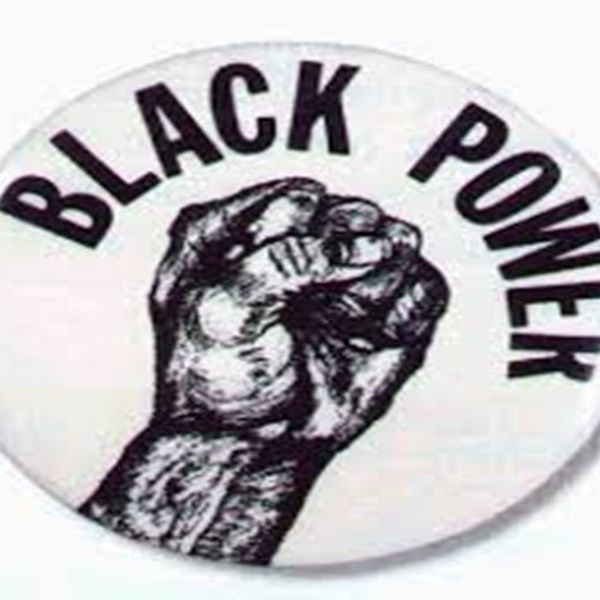Reparations is "the making of amends for a wrong one has done, by paying money to or otherwise helping those who have been wronged.”
Talk of reparations has been going on since 1865, when General William Sherman promised to give former slaves 40 acres of land and an army mule. Before all former slaves could get their promised land, President Andrew Johnson recalled the land and mule stating it was government property.
Fast forward a few years or so and black people were still going through the same issues as when they were slaves but with a slightly different delivery. Jim Crow had come to town and was wreaking havoc on the black community through racist bigotry. Still, black people were unable to vote and killed and tortured for trivial reasons or lies. There was redlining which made it difficult for black Americans to buy homes and if they did get the chance to it was usually at some exorbitant price. On top of it all the government was purposefully working to destroy black communities by assassinating leaders, introducing hard drugs, etc.
Somehow, African-Americans found ways to uplift themselves. They fought for civil rights and liberties for all Americans while still going on with their daily lives. Many programs and organizations were started in order to help African-Americans. One problem was the psychological perceptions African-Americans had of themselves. African-Americans are more likely to be of a lower socio-economic class than any other ethnic group and are more likely to be introduced to alcohol, tobacco and illicit drugs. It’s difficult for people from low socio-economic classes to stop the cycle. The perception of scarcity rules their mind along with insecurity and self-doubt. They cannot see the available opportunities and if they do they question whether they qualify. Now this isn’t to say this is how every black person feels, but there is a good portion of African-Americans that don’t recognize the groups that want to help them.
One person in particular that wants to help African-Americans. His name is John Conyers, a Democratic Congressman from Michigan. Conyers introduced the bill H.R. 40 in 1989, which called for a commission to survey the damage of slavery and discrimination of African-Americans. The commission would then offer solutions to any issue which may present itself. But the bill didn’t make it out of committee. Every year since, Conyers has proposed H.R. 40 and every year since it has never been passed.
Although the bill was not directly connected to reparations, it is obvious that if passed this bill would obligate the United States government to rectify their past in some form or fashion. Should the United States give African-Americans reparations? If so, how? This is where much debate begins.
It begins with a yes or no. Those who say yes believe African-Americans are owed because of the unpaid labor of slavery and every act of discrimination since. Everything the government did and/or allowed in the past has given Caucasian-Americans an unfair advantage in life. Therefore, giving blacks something to get them to where they would be is only right. The opposing side believes since most directly affected by slavery (the slaves themselves) aren’t alive, African-Americans shouldn’t get anything. The American dream is to make a living by pulling yourself up by your bootstraps. Get yourself together and get out there because there are opportunities.
Opinions are further divided when those in favor decide in which way they would want reparations given. Many say monetarily, but the cost would be over $10 trillion in today’s system. So that’s a no go. Others believe reparations should be given in the form of opportunity based organizations, grants and funds specifically for black people. But aren’t there enough out there? Theodore Johnson believes blacks should receive 5/3 of a vote. He states “This weighted vote… would offer African-Americans an outsize influence on national and state elections. Politicians would have to truly compete for the black vote…This would provide an incentive to prioritize African-American policy concerns and act on them”.
But even then there would be the question of who qualifies. Would black immigrants get these benefits? Who is considered “African-American?” Who would be in charge of the funding? To be honest, reparations are more difficult than it may be worth.
Call me cynical but if African-Americans are counting on a government that systematically institutes racism, prejudice, and death to apologize and try to make things right, I wouldn’t hold my breath. Protests and riots aren’t working. #BlackLivesMatter kind of worked in the sense that people said "Hey, I don't like what's going on!" but we faced the double edged sword of social media. What is news today is gone tomorrow. I believe the most we can hope for is to get young Blacks out to vote in all elections. That’s the only way I see things will change.





















